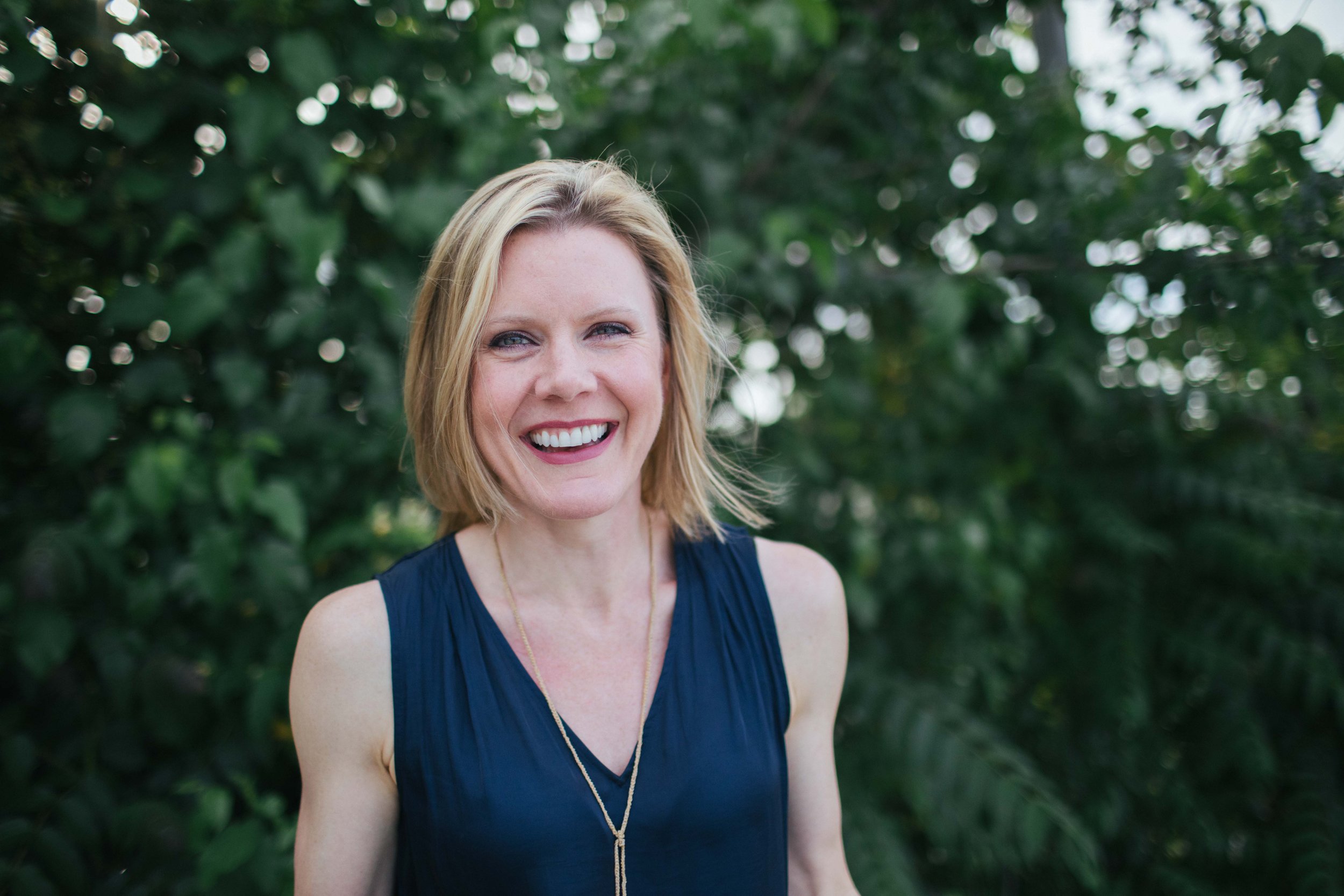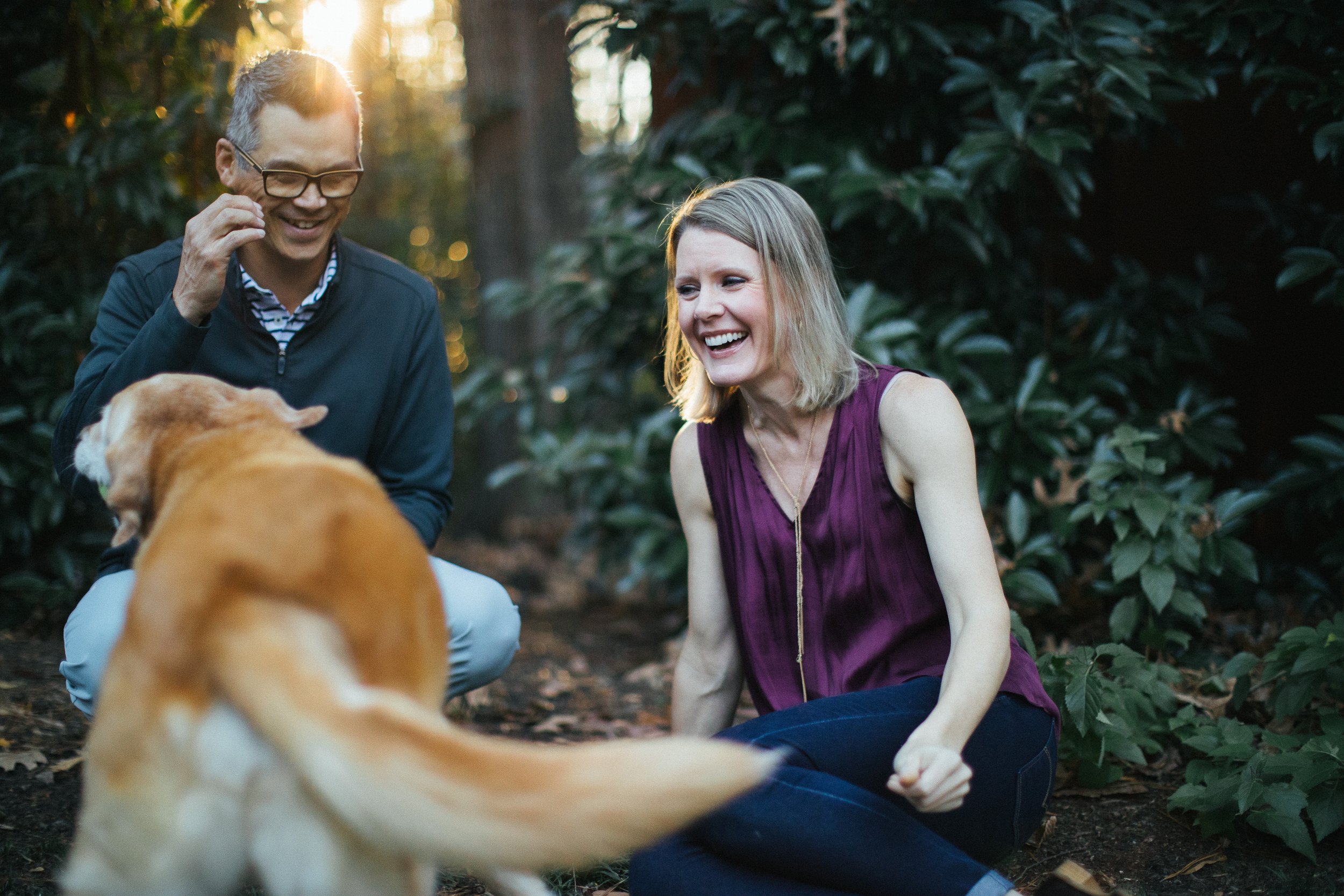
Hi. I’m so glad you’re here.
We live in an age with no shortage of information, and near-unlimited access to tools that promise to make us better: smarter, faster, healthier, happier. But reading a book about playing the piano doesn’t make you a pianist. Playing the piano does. Playing well takes years of practice, of building and refining muscular and neurological pathways in a dynamic, iterative process of incremental change.
That’s what coaching is all about: incrementally building the capacity to act in ways that align with what we care about, what we want to achieve, and who we want to be.

An integrative approach
rooted in multiple streams of evidence-based leadership and development models:
“Working with Allison has made me a better student, and a better decision maker. I was not only encouraged, supported, and respected, but told the truth. She saw the time and work I was putting in, and her honesty and compassion have helped me become more confident in my decisions.”
—Craig Glover-Hines, Durham, NC
We’ll take a wide-angle view of all aspects of your context:
“Allison has the BEST questions. I was focused on getting everything into motion around an area where I felt stuck and resistant, assuming that everything would feel great once I started moving. But there were additional feelings I needed to address that I had not even considered, and Allison was the first of any coach to ask about those deeper considerations of ‘being’ in the midst of my ‘doing.’ Thank you for caring for me while I was busy caring for others.”
—Valerie Moss, Senior Director, Global Human Resources; Durham, NC
A conversation is the best way to decide what will work for you.
Your situation is not exactly like anyone else’s, and neither are you. I work with clients to develop a coaching plan that is uniquely tailored to their needs, whether that’s a single session or a twelve-month commitment. If you’re interested in working with a coach but not sure what you want or need, let’s chat – there’s no pressure and no obligation to do anything else.
FAQs
-
Chances are you’re already pretty good at figuring things out for yourself. You know how to Google. You’re motivated and self-aware. You’ve achieved a lot in your life.
And you can only see what you’ve learned to see. We all have blind spots, cultural filters, and deeply engrained habits that have served us well in the past, but can hold us back in different circumstances and environments.
Working with a coach can:
help you see your situation in a new light, lending clarity and insight
provide structure and motivation for following through on your commitments
accelerate growth through real-time feedback from an unbiased brainstorming partner
-
There can be lot of overlap between these fields of practice. Coaching tends to differentiate by being future-oriented, facilitative, and focused on the development of the client. Counseling or therapy addresses emotional or psychological roots of behavior issues. Consulting is generally “expert-driven” and deals with specific business problems.
Each area of support has its place and value, depending on the needs of the particular situation.
-
Performance coaching focuses on the achievement of specific organizational outcomes and metrics around a project.
Developmental coaching includes defining and measuring outcomes, but goes well beyond performance coaching in focusing on the means you use to get to the end — how you are showing up for the work, and who you are becoming in the process. The goal is to build transferable skills of awareness, creativity, and resilience that will serve you well beyond the accomplishment of your current project.
-
That’s up to you to decide. What you get out of coaching depends largely on what you are willing to put into it.
Although what you achieve is up to you, I’ll be with you every step of the way in helping you clarify your goals, creating structures to support your progress, and holding up a mirror for you to see what’s happening along the way.
-
Everyone can benefit from an unbiased, objective perspective, structure and accountability, and grounded strategies for growth.
And coaching can be particularly useful if:
You have a sense that you or your team need support
You want clarity about where you are now, as well as where you want to go
You’re in a personal or professional transition
You’re not sure what success looks like for you
You need a practical plan for translating your goals into action
-
We’ll start by defining the focus of our work together and establishing a clear timeframe, as well as clarifying our mutual responsibilities and commitments in the coaching relationship.
We’ll then begin meeting for regular coaching sessions, which will include strategies for integrating learning into the rest of life and regular assessments of progress against your desired outcomes.
As we near the end of the engagement we’ll intentionally reflect on your learning and progress, and create a plan for your ongoing growth and development after the conclusion of coaching.
-
More than anything else, coaching is an internal process that you will direct — a good coach will be with you every step of the way for support, guidance and outside knowledge and perspective, but this is ultimately your work. Ask yourself the following questions, and if you’re still unsure I encourage you to reach out to several prospective coaches to help you decide.
Do I have a genuine desire to change?
Am I curious, open, and willing to try new ways of doing things - even in areas where I’ve already achieved significant mastery?
Am I willing to ask for support when I need it?
Am I disciplined about following through on commitments?
Am I highly motivated, right now, by a time-sensitive challenge or opportunity?
Do I recognize that I have blind spots, and know I need candid feedback from others?
Am I willing to invest in this as a priority for 3 to 6 months or more?
Is it the right time for me to take this on?
If you found yourself answering affirmatively more often than not, coaching will be helpful — and it might be the best thing you’ve ever done for yourself and the people you care about serving.
-
Here are some great places to start:








